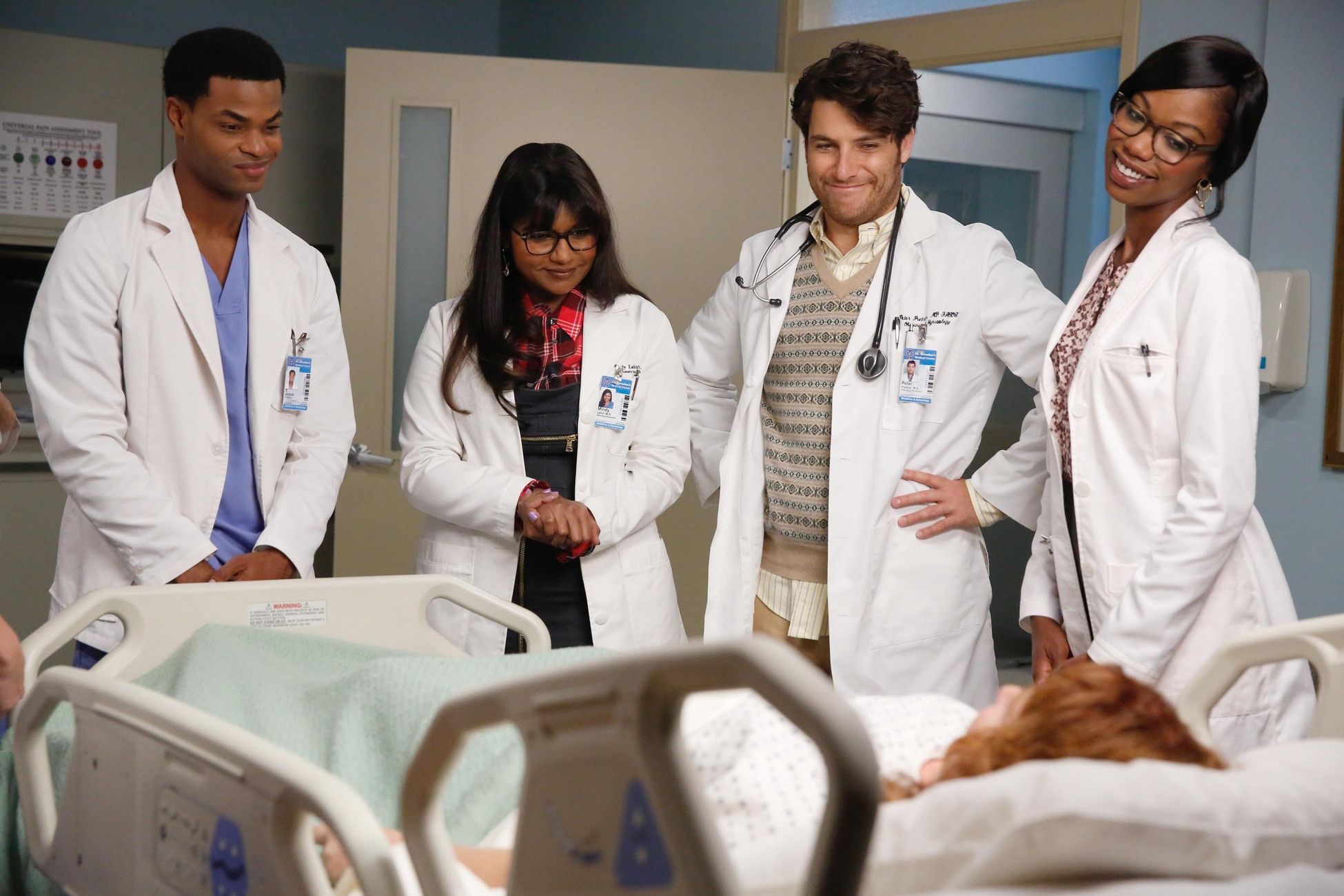
Why Decent Specialists Are The Best Specialists
Clinical School didn’t show me bedside way. In my Family Medication residency program, they genuinely focused on the job of the specialist and significance of correspondence. The truth is that bedside way is truly not all around educated. A few docs have it and some downright don’t. In a new clinical review it was exhibited that:
“The patient-clinician relationship had a “measurably huge impact on medical care results.”
While the US is spending more than 2 ½ times more on medical care than most created nations all throughout the planet, it falls behind various countries as far as quiet wellbeing and life span.
Could the arrangement be pretty much as basic as specialists ‘paying attention to patients?’ My viewpoint is: Yes.
Allow me to give you a model. What I call the ‘CYA and OT’ specialist. (Cover your butt and request tests). I was practically speaking in a rustic town and one of my patients went to the emergency room with a cerebral pain. She didn’t have vision changes, injury, headache type or neurologic indications indeed she truly had a dull aggravation and snugness toward the rear of her neck and brow. She was anxious and it was a strain cerebral pain that consistently reacted to either 800mg of ibuprofen or a fix of Toradol (calming). She told the attendant this. She told the specialist this. She let them know both her determination and treatment.
Somewhere close to 40-55% of patients strolling into an emergency room, essential consideration office or earnest consideration place will “let you know the finding.”
She never got any treatment for her strain cerebral pain. She got a X-ray, blood tests, an EKG and a nervous system science reference. Correspondence breakdown = incapable and pointlessly expensive consideration. She missed work since she wasn’t dealt with. This is a complete framework disappointment.
There is positively no space to share each account like this. Helpless bedside way implies helpless correspondence with patients and more terrible results.
Perhaps specialists ought to simply pay attention to patients. In an investigation of 13 examinations by the NORC Community for Exploration, 59% of Americans were displayed to put esteem on doctor patient connections and character with just 11% putting esteem on exact determination and treatment. How long a specialist goes through with a patient is really or critical to 80% of individuals. One thing I learned almost immediately was to “plunk down and face the patient.” (Pretty fundamental I know however docs don’t all do this presently isn’t that right?). This review exhibited a positive specialist patient relationship can have genuinely huge impacts on “hard wellbeing results,” including stoutness, diabetes, hypertension, asthma, aspiratory contaminations and osteoarthritis torment. The examination took a gander at concentrates on where specialists were haphazardly alloted either to give their ordinary techniques for care or to find extra preparing or ways to give more compassionate and patient-centered consideration. The extra consideration had a quantifiable effect in clinical results.
I’ll give you somewhat inside confidential; when a specialist plunks down and visually connects with a patient, he/she ‘sees’ the visit to be longer, more intensive and feels the specialist has great bedside way paying little heed to what is said for sure the result is. A while ago when I showed Family Medication occupants, I called this “Bedside 101”. It is a propensity all specialists ought to be needed to do and would greaterly affect results than the most developed EMR (electronic clinical record) programming out there. My recommendation is repeated in research at Johns Hopkins which discovered specialists in preparing more than once neglected to present themselves, plunk down with patients, or clarify what their job is in the patient’s medical services therapy. This exploration was focused on further developed consciousness of how specialist patient collaborations can work on tolerant certainty and consistence with treatment.
In one more investigation of 800 as of late hospitalized patients and 510 doctors discovered expansive arrangement that humane consideration is “vital” to fruitful clinical treatment. In any case, just 53% of patients and 58 percent of doctors said that the medical services framework for the most part gives caring consideration.
Specialists that don’t acquaint themselves and talk down with patients might have terrible habits however there is expanding proof that this is nothing but bad for your wellbeing. Bedside way appears to have taken a secondary lounge to medicine and innovative new tests that can be requested. Times are changing for specialists with patient fulfillment studies possibly influencing a specialist’s pay. Accordingly, further developed bedside may to be sure liken to worked on primary concern.

The Sympathetic Specialist
The Global Diary of Caring Sciences portrays compassion as “the ‘ability’ to share and comprehend another’s ‘perspective’ or feeling” and a “incredible correspondence expertise” that utilizes undivided attention and develops understanding. This expertise permits a few specialists to completely get a handle on your fears, concerns and the genuine load of your inquiries when you’re in the analyzing room or clinic. Basically, I consider it is having the option to imagine someone else’s perspective.
At the point when you are before a compassionate specialist you are bound to share private subtleties you may not in any case have been open to imparting to a reserved specialist. An essential piece of what a specialist is prepared to do is acquire a definite clinical history. In case you are awkward doing as such on account of the specialist’s disposition, he/she is coming up short at getting data key to your prosperity.
My Guidance for Patients:
1. In the event that your primary care physician has an awful bedside way, think about evolving specialists. In any case, here and there this might be troublesome relying upon your protection supplier. In case it is hard to change, now and then it is smarter to simply move toward the specialist with your interests and let the chips fall where they may.
2. Request additional time on the off chance that you need it, so you can completely get what the specialist has clarified. Request a synopsis of what the arrangement will be pushing ahead.
3. Come equipped with inquiries early. Commonly when patients are in a climate with a specialist, they might be diverted or restless. Have that rundown in your grasp and ensure every one of your inquiries get responded to.
4. Recall that you are the patient and in actuality, the shopper/client. The specialist, nurture, expert, clinical office or clinic exists and takes care of its bills as a result of you. In some cases experts fail to remember this. Remind yourself this and in case need be, remind them.
5. Be cautious with the web. A 2011 overview showed that 61% of patients said they investigated wellbeing data on the web to assist with their clinical consideration. 8% of specialists said that web research by patients was useful. Everything is all good, on the off chance that you know your conclusion, on investigating it further on the web. Nonetheless, looking ‘manifestations’ is silly and may bring un-important uneasiness or disarray. In case you are uncertain of where to search for something, go ahead and get in touch with me.
I went into training back in 1996 when we wrote in outlines and I had the option to sit and chat with patients. The web was a non-factor. Circumstances are different, however what has not is the way that you, as a patient, merit a specialist who plunks down, looks at you without flinching, and tunes in.


